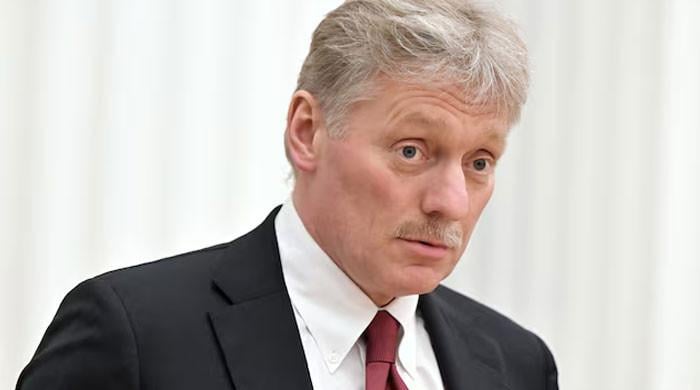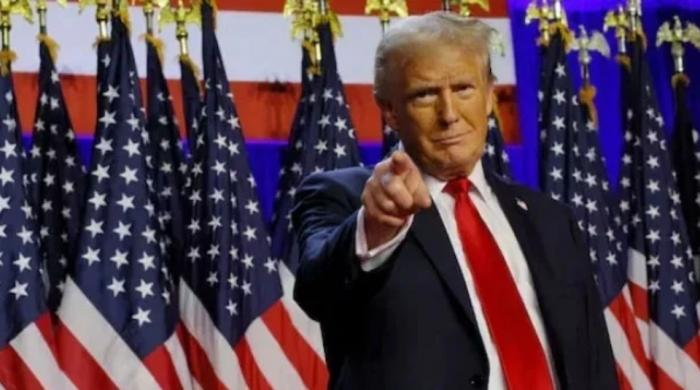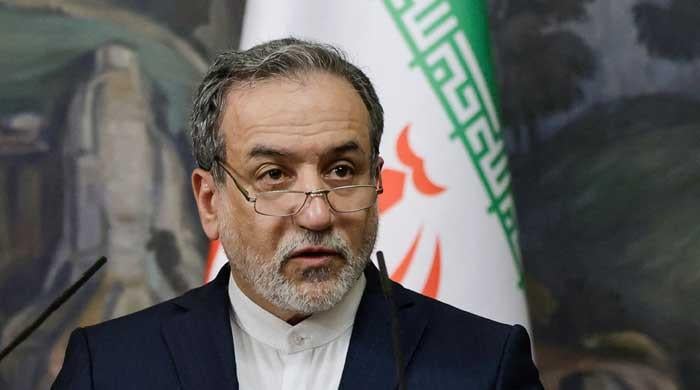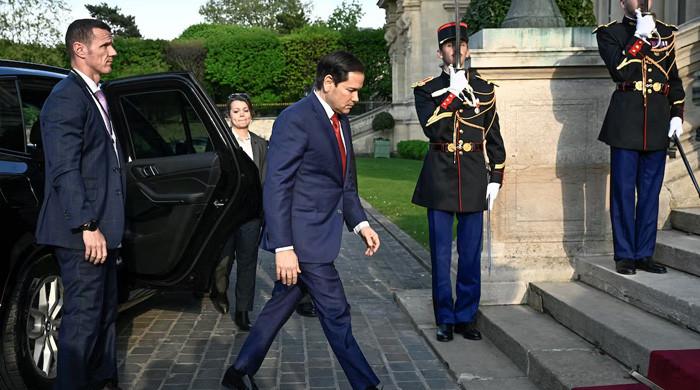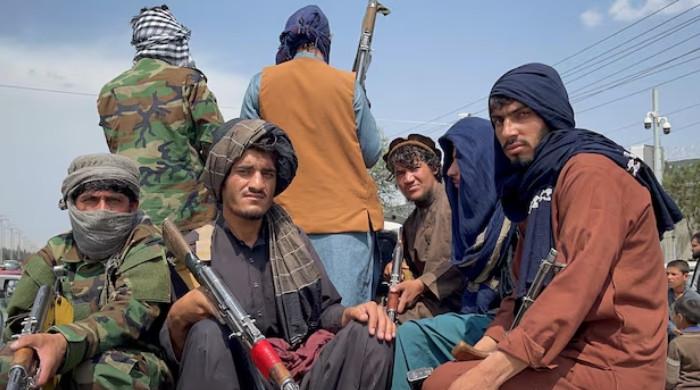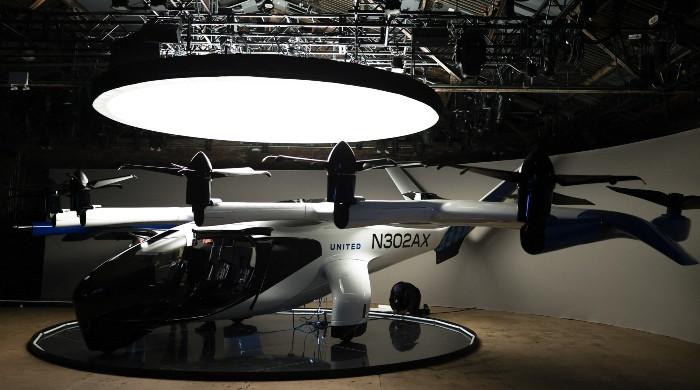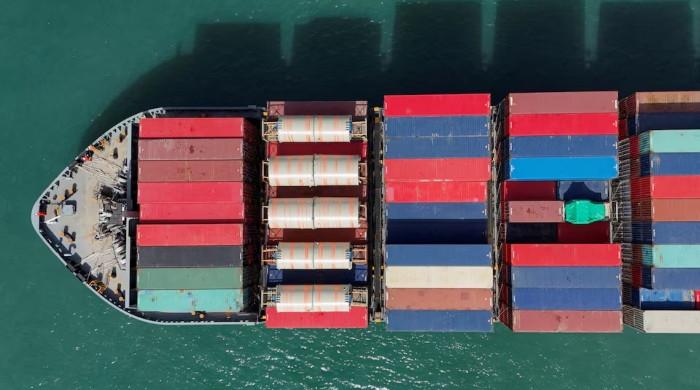China raises alarm as ‘Nato set to open first-ever office in Asia’
Station will allow the military alliance to facilitate consultations with key partners in region
May 04, 2023
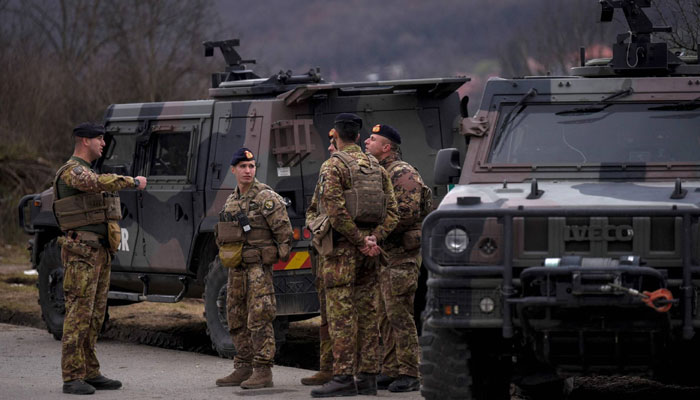
The North Atlantic Treaty Organisation (Nato) is planning to open a liaison office in Japan, its first in Asia, to conduct consultations with its key allies in the region, the Nikkei Asia reported on Wednesday.
The station will allow the military alliance to facilitate periodic consultations with key partners such as South Korea, Australia and New Zealand as China emerges as a new challenge, alongside its traditional focus on Russia, the report added.
Commenting on the report, the Western military alliance spokesperson Oana Lungescu maintained that the alliance would not go into details about Nato allies' ongoing deliberations.
"Nato has offices and liaison arrangements with a number of international organisations and partner countries, and allies regularly assess those liaison arrangements to ensure that they best serve the needs of both Nato and our partners," she was quoted as saying.
Nato has a close partnership with Japan that continues to grow, she added.
"Practical cooperation includes a wide range of areas, including cyber defence, maritime security, humanitarian assistance and disaster relief, non-proliferation, science and technology, and human security," she said.
The Nikkei Asia report said the proposed office is due to open next year in Tokyo but details such as whether Japan would provide the space or Nato would fund it were under negotiation.
Nato has similar liaison offices in New York, Vienna, Ukraine and other places, it said.
Reacting to the development, China raised alarm Thursday over Nato’s move saying "high vigilance" is needed amid the Western military alliance "eastward expansion".
During the regular press briefing, Chinese foreign ministry spokesperson Mao Ning said Asia was a "promising land for cooperation and development and should not be a battle arena for geopolitics".
"Nato's continual eastward expansion in the Asia-Pacific, interference in regional affairs, attempts to destroy regional peace and stability, and push for bloc confrontation calls for high vigilance from countries in the region," Mao added.




